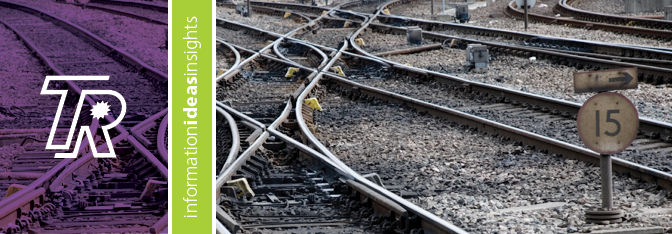
According to a report by the Aberdeen Group, the power of employee recognition is one of the fastest growing areas of talent management. The results found 67% of Best-in-Class organizations have a formal recognition program in place and are quickly embracing recognition as a way to spark engagement and drive success.
The act of recognizing someone creates a special feeling for both the person being recognized and the individual who is providing recognition. Think about the last time your were recognized – how did it make you feel? When employees and their work are valued, their satisfaction and productivity rises, and they are motivated to maintain or improve their good work. The person providing the appreciation feels empowered to motivate and acknowledge good behavior.
Most leaders understand that recognition should take place in the moment or as close to it as possible to have the most lasting impression. As a former manager of people, both in a retail and office setting, there were many opportunities to recognize my teams. At times it was a challenge, but I stuck to the golden rule of, “recognizing in the moment.”
During a recent shopping trip, I came to realize that not all recognition processes are the same and the experience left me wondering if there was a disconnect between the manager and the process or the company and it’s employees.
I made a quick stop at a nationally recognized grocery chain and was shocked at the fantastic service I received. I know, you would think I should only be shocked by bad service. I can’t be the only one out there who has accepted they will not get more than a “hi” from the person taking your money at the register these days, can I?
This specific experience was one that needed to be recognized and not go unnoticed. The cashier was doing his job, but he was taking customer interaction to the next level. After tracking down a manager, which proved to be its own challenge, I provided the positive feedback. The manager thanked me and requested I go online to share the experience with the corporate office – something I was happy to do. However, not exactly the response I thought I would get.
Working in the employee recognition industry, my hope is that all organizations have a way to recognize their employees. Whether it is a formal program or an informal process – providing recognition should not be delayed. Acknowledgement of the positive behaviors should be immediate and compliment any additional recognition or reward process set in place.
In this case, I was looking for the manager to also say, “Thank you, I will be sure to let the cashier know what you said.” I would have taken him at his word and been on my way. As requested, I did complete an online comment card, but couldn’t help but wonder if that was it – did the cashier receive the feedback in the same day, a week later or, sadly, never? I lingered around long enough to witness the manager return to his task and not approach the cashier who at the time had no customers in his line.
When it comes down to it, recognition is infectious; when it takes place, the response can only be positive. Recognizing employees’ effort and achievement is self-reinforcing. When leaders do a better job of recognizing employees, they tend to perform better. And that gives leaders even more achievements to praise.
A corporate culture that is strong in recognition is one where all employees flourish. Making the workplace environment a culture of recognition can be fun and eventually becomes second nature - leaving someone like me not worry if the employee received his rightful feedback!

